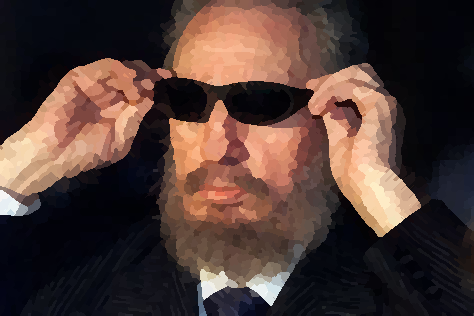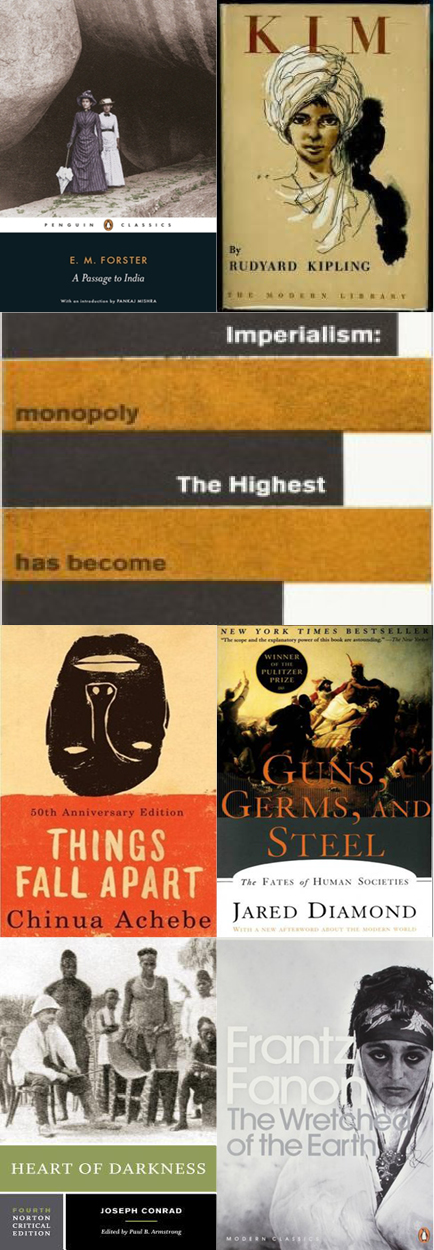

I couldn’t get them to load. I think because I messed up the download and installed them part way through my game. So I’ve not played them yet. But I do have a key, so I should be able to play if I started again. Unless… do you need to complete the main game first? Maybe it’ll let me because I do have a complete save.















In that case, I think I messed up the install. I’ll try going straight to the store through the game. Might take me a while because I don’t have a monitor/screen at the moment.